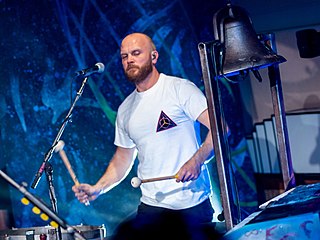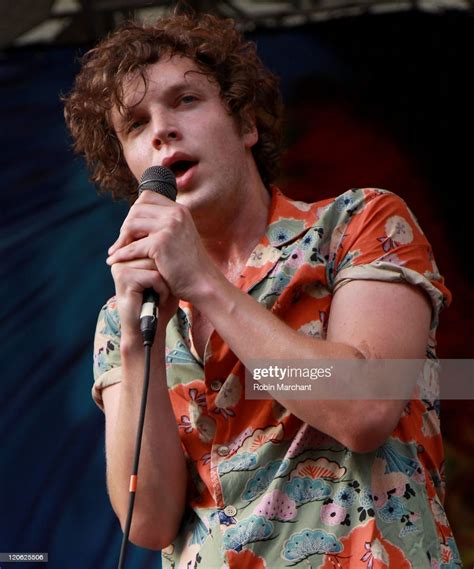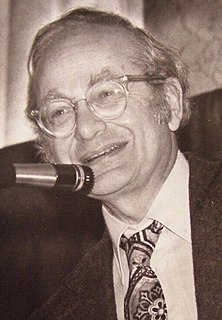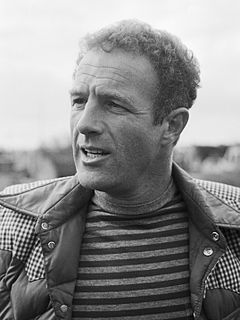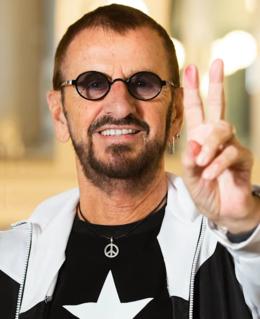A Quote by Will Champion
I think hopefully we've got enough brain cells left to decide if our music is really worth something.
Related Quotes
Most of our brain cells are glial cells, once thought to be mere support cells, but now understood as having a critical role in brain function. Glial cells in the human brain are markedly different from glial cells in other brains, suggesting that they may be important in the evolution of brain function.
The brain is really hard to see. The whole thing is very large - the human brain is several pounds in weight - but the connections between brain cells, known as synapses, are really tiny. They're nanoscale in dimension. So if you want to see how the cells of the brain are connected in networks, you have to see those connections, those synapses.
Neural science, which is the study of the brain, tells us that we have up to one billion brain cells with thousands of branches that communicate with each other much like a complex highway system. The more we attend to something, or the more we engage in certain behaviors, the more those particular cells communicate and the pathways between them deepen. This is how our values, our beliefs, and our motivations are actually formed.
An important verity about knowledge is that the brain works most effectively with consciously retained information. We more easily remember what we want to recall later. When we feed our fourteen billion brain cells with information that will enrich us and help others, we are really learning to Think Big.
We've left the moment. It's gone. We're somewhere else now, and that's okay. We've still got that moment with us somewhere, deep in our memory, seeping into our DNA. And when our cells get scattered , whenever that happens, this moment will still exist in them. Those cells might be the biulding block of something new. A planet or star or a sunflower, a baby. Maybe even a cockroach. Who knows? Whatever it is, it'll be a part of us, this thing right here and now, and we'll be a part of it.
Saying you're a pop group isn't saying very much. Personally, when I think of pop, I think of instant, accessible, catchy songs - I definitely identify our music as that. I think that by writing pop, or instant, accessible or hopefully catchy music, it shoes you into bigger audiences because it seems that more people like that music. I think the possibilities are endless if you stick to a simplistic short song; the music can be as wild and bizarre as you want it to be, as long as at the core of it, there's something really strong.
The brain is a tissue. It is a complicated, intricately woven tissue, like nothing else we know of in the universe, but it is composed of cells, as any tissue is. They are, to be sure, highly specialized cells, but they function according to the laws that govern any other cells. Their electrical and chemical signals can be detected, recorded and interpreted and their chemicals can be identified; the connections that constitute the brain's woven feltwork can be mapped. In short, the brain can be studied, just as the kidney can.
You've got to get away from the idea cancer is a disease to be cured. It's not a disease really. The cancer cell is your own body, your own cells, just misbehaving and going a bit wrong, and you don't have to cure cancer. You don't have to get rid of all those cells. Most people have cancer cells swirling around inside them all the time and mostly they don't do any harm, so what we want to do is prevent the cancer from gaining control. We just want to keep it in check for long enough that people die of something else.
I'm afraid too many of us Christians don't know what we really believe. Like a cork in the ocean, driven and tossed by the waves, we bounce from opinion to opinion... We've become activity junkies, seldom stopping long enough to decide what really matters to us, too busy to determine what's really worth living for, let alone worth dying for.
